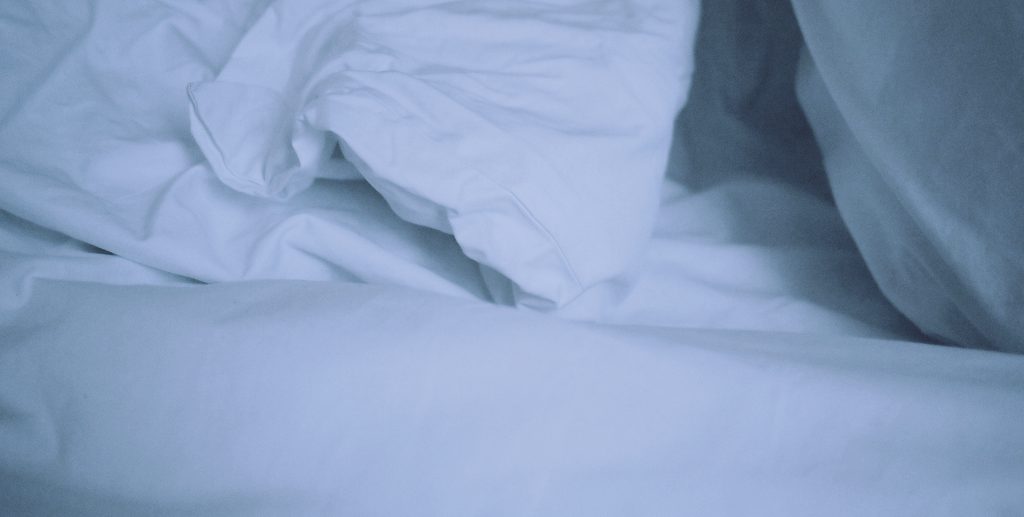The SOVA Project is happy to feature this blog post written by one in our team of fantastic SOVA Ambassadors—these are young people who help create meaningful blog posts from adolescents’ perspectives.

I have been in a depressive episode for a few weeks now. If you’re unsure on what constitutes a depressive episode, this definition by Bridges to Recovery offers a great start: “A major depressive episode is a period of two weeks or longer in which a person experiences certain symptoms of major depression: feelings of sadness and hopelessness, fatigue, weight gain or weight loss, changes in sleeping habits, loss of interest in activities, or thoughts of suicide.”
Being in a depressive episode is different from standard depression. I have had depression for a few years now, and a normal day living with depression usually consists of a general sadness, but I am still able to feel happiness and enjoy the things I normally do. With my day-to-day depression, I feel like it takes a lot for me to be happy, but it is also not impossible. In a depressive episode, it feels impossible to be happy again.
I have read a few articles on the Internet that try and offer advice to those in a depressive episode. However, I found that most of the tips were not too helpful. Most of them say to “accept that you are depressed” or “try harder to be happy.” These are easier said than done. So, as someone who is in a depressive episode at the moment, I wanted to share with you the little things I have been doing to try and feel a little bit better. Please note, these are not solutions that will fix everything and may not work for you, but they are my personal experiences that have made a small difference.
- Let the people that you trust know you are in a depressive episode This is the most important step, and the most difficult one. It is important to let your loved ones know that you are going through a rough patch, and not just one bad day. This will help you avoid further disappointment when they are relying on you. If you do not make it aware that you are going through a depressive episode, your friends or family may think you are ignoring them or being emotionally distant and take it personally. This is another thing that is easier said than done. It’s hard to be vulnerable with people and tell them something that is deeply personal, but it is important for them to be aware what you are going through. The good news is, you can pick who to share this information with. You do not need to tell every acquaintance or family member that you are in a depressive episode, but if that would make you feel better, then go for it! But if you want to keep it more private, tell the people who should know like a best friend, people that you live with, and/or your parents. In my case, I have kept it between two close friends and my best friend that I live with since I usually socialize with them a few times a week, or in my roommate’s case, every day. By giving them a heads up, I was able to be on my own and skip out on going out with them without feeling guilty. They were supportive and understanding, which made me feel a bit better.
- If you can, try to go outside During my depressive episode, I have spent most days inside and have only been outside to go to my classes. There were a few days where I was not even able to do that. However, I had a three day stretch where I stayed inside and by the third day, I told myself I would try to go outside. I took a short walk and felt slightly better after coming back inside. It did not make my depression go away by any means, but I felt proud of myself. That small step was brave for me on that particular day and I would encourage you to do the same. However, I feel it is important for me to share that if you cannot make it outside, that is okay too. Take the time that you need. If you force yourself outside and you are not emotionally ready, that can set you back. Ask yourself first if you are prepared to go outside.

- Continue your daily maintenance if possible It’s tempting to not leave your bed during a bad depressive episode, but if you can, try to keep up your usual hygiene routine. For me, taking a shower can help me feel a little bit better. That after-shower clean feeling can also feel productive and remind me that I am taking care of myself during this time. I believe that hygiene practice during a depressive episode is self-care and especially self-love. You are showing yourself that you can still provide yourself love and attention during this difficult time.

- Eat something when you can I have known people who are able to eat during a depressive episode or feel better when they do. However, many people like me do not have an appetite during a depressive episode. For me, I don’t feel hunger and most of the time, feel nauseous. Because I will go a day or two without putting food in my system, I get bad headaches and my nausea increases. Because of this, I make myself have a small amount of food whenever my nausea is at its lowest during the day. For example, yesterday I was unable to eat, but at night, my nausea was curbed and I had a headache so I made myself eat a bowl of crackers. My stomach and head genuinely felt better after doing this. Making yourself feel sick because of not eating can make you feel mentally worse in a depressive episode, so please try and eat when you can, even if it is something small.
- Move to different spots in your house During a depressive episode, this can feel like a big task, but it may be able to help. I will stay in my bed for a certain amount of time and when I feel up to it, I will move to my desk or a chair in my living room. Sometimes, when sitting in that chair, I will open up the blinds and having the sunlight come in the room and being able to see the outside helps.
As I end this, I would like to stress that I am not saying any of these tips can help get you out of a depressive episode. There is no immediate cure that can make the depression go away, but hopefully sharing what can help me can help you in the process.
If your child has been in a depressive episode before, what are the things that got you and them through or helped you or them feel a little better? Please share your advice below!